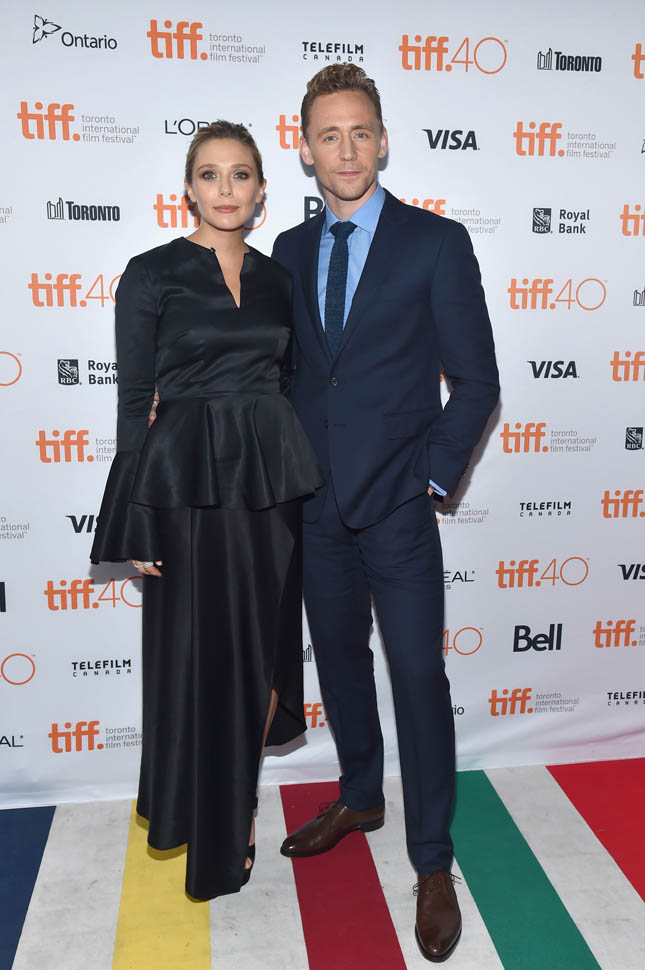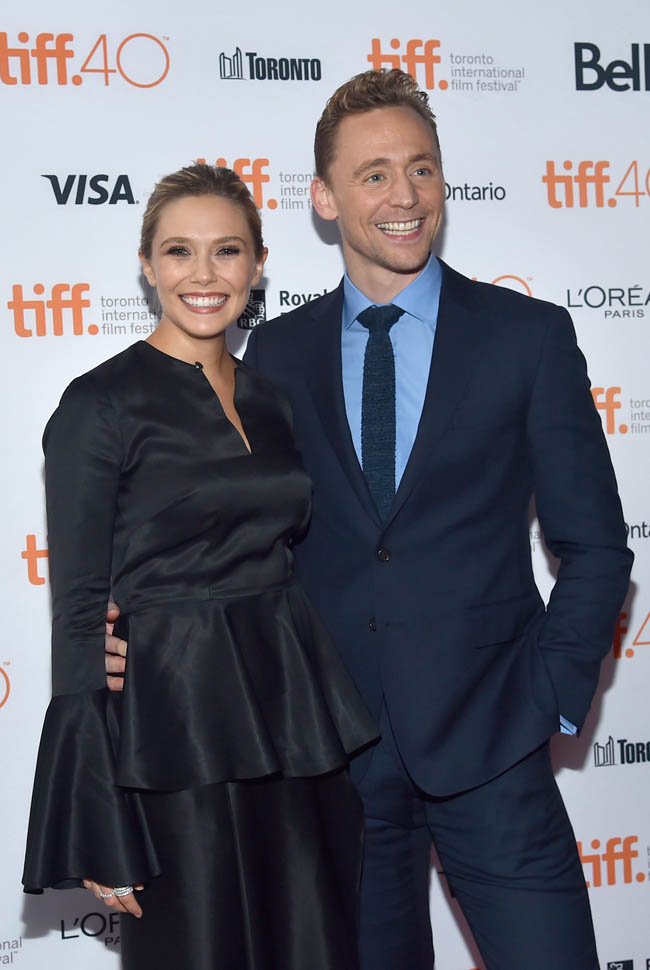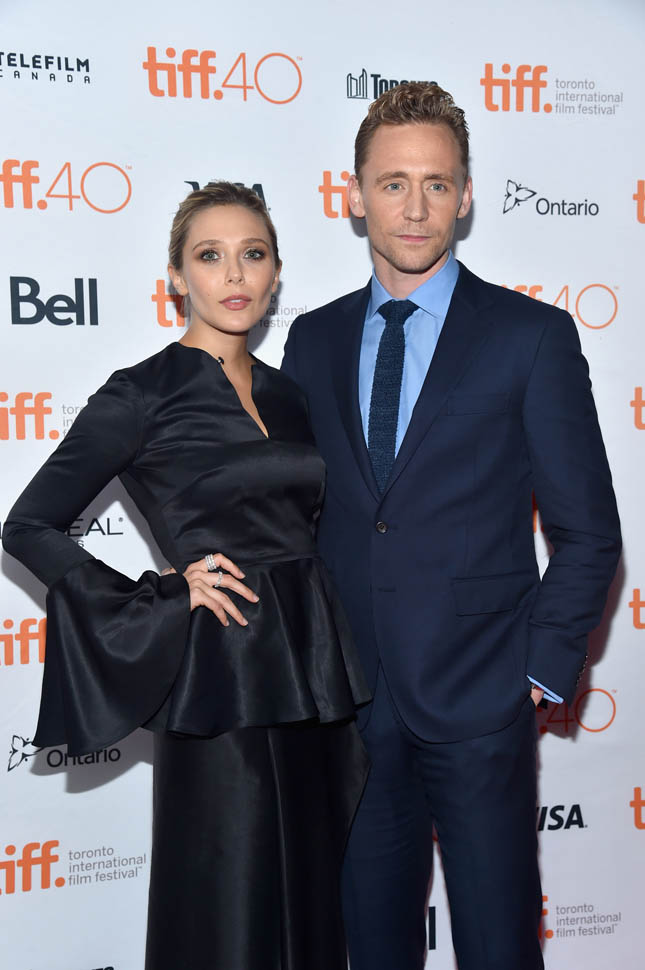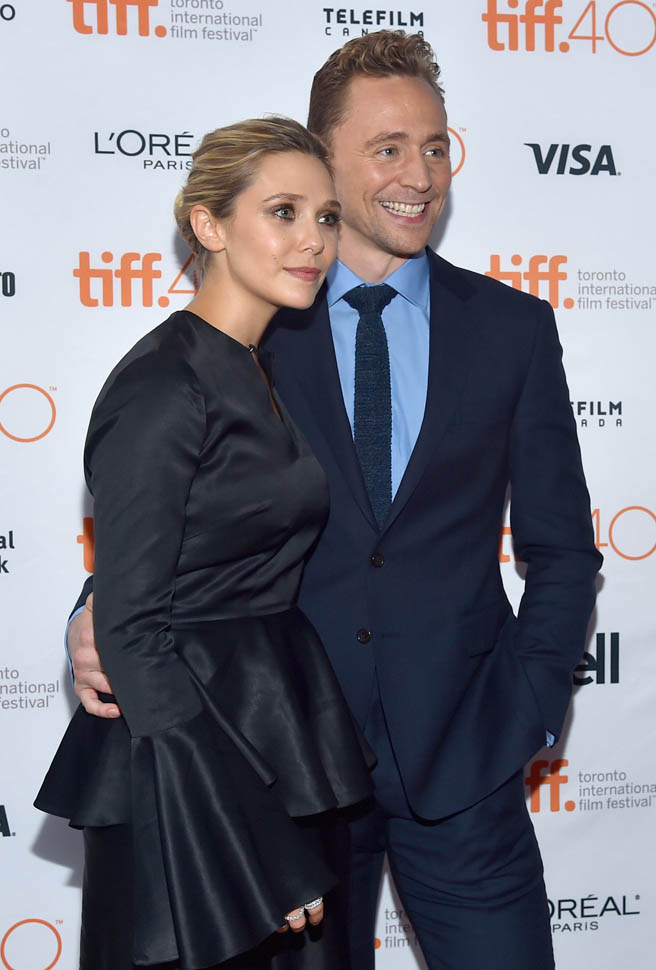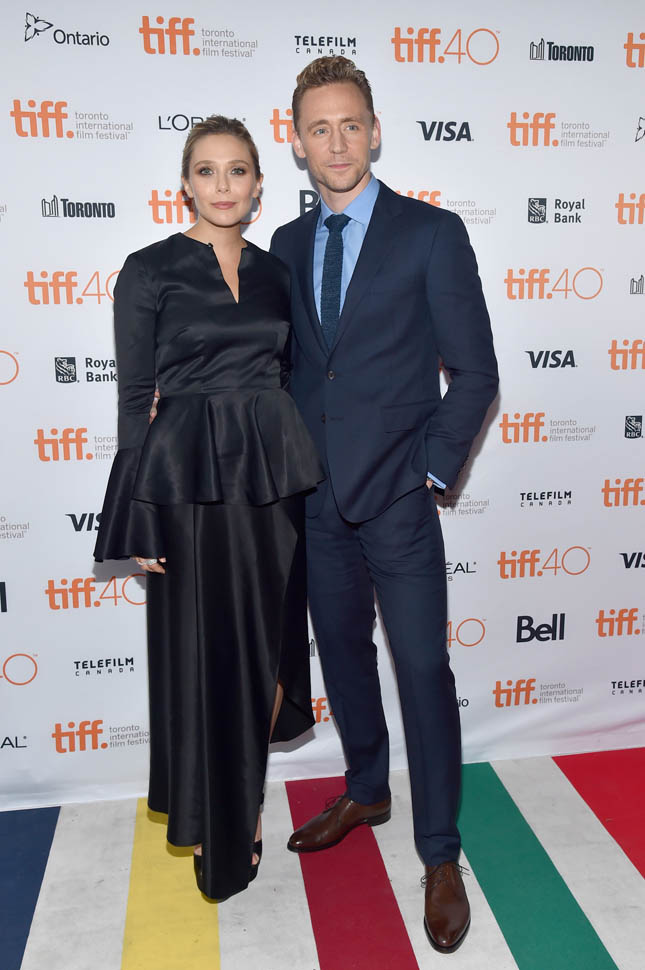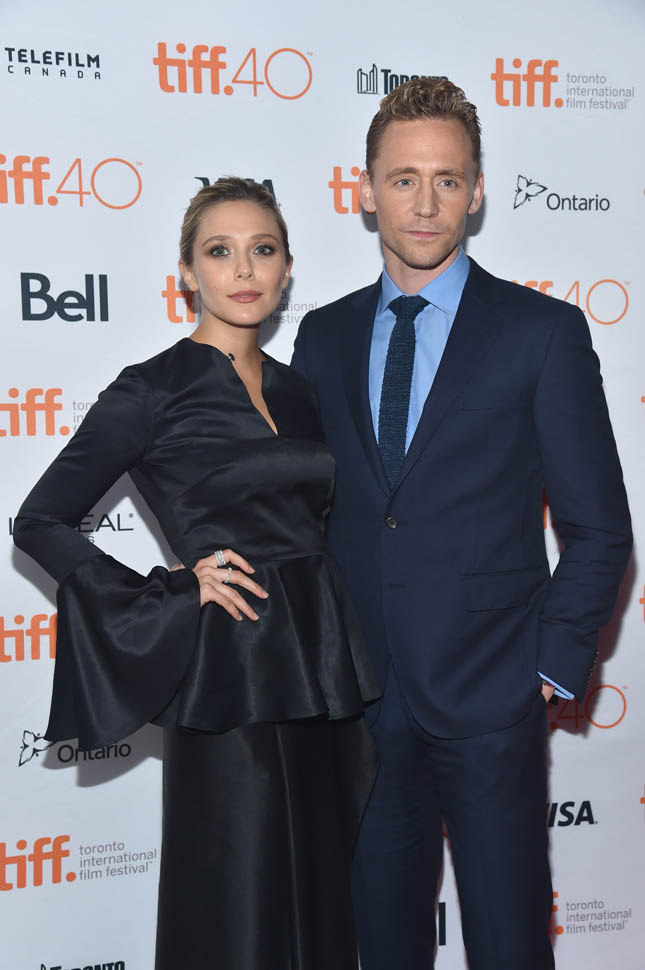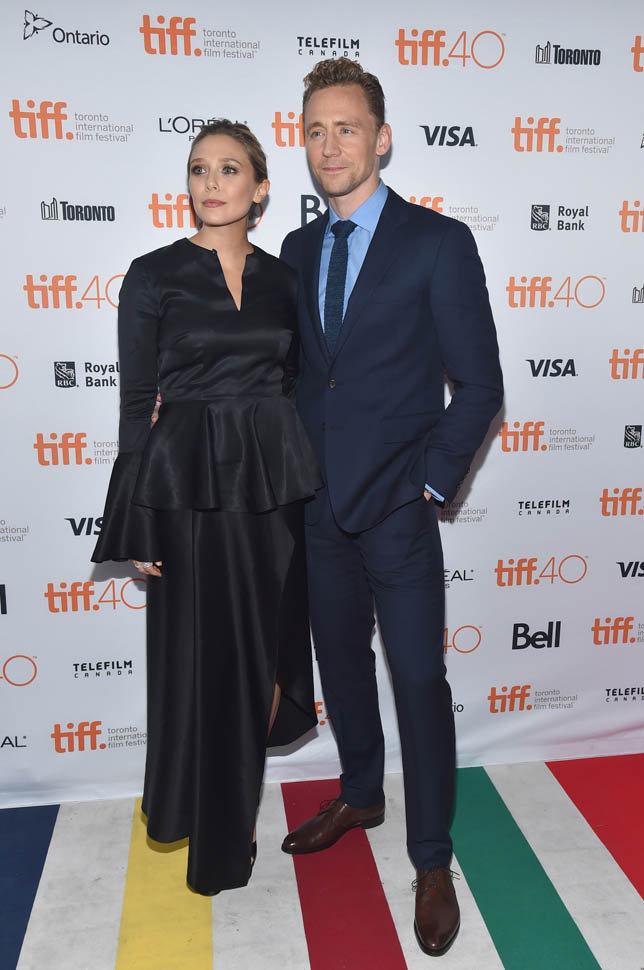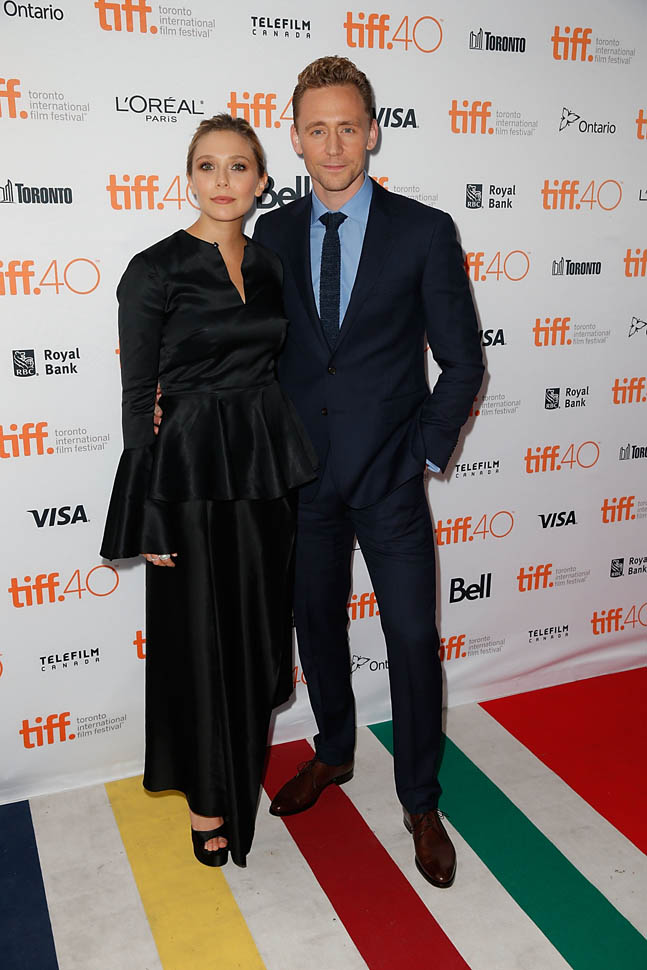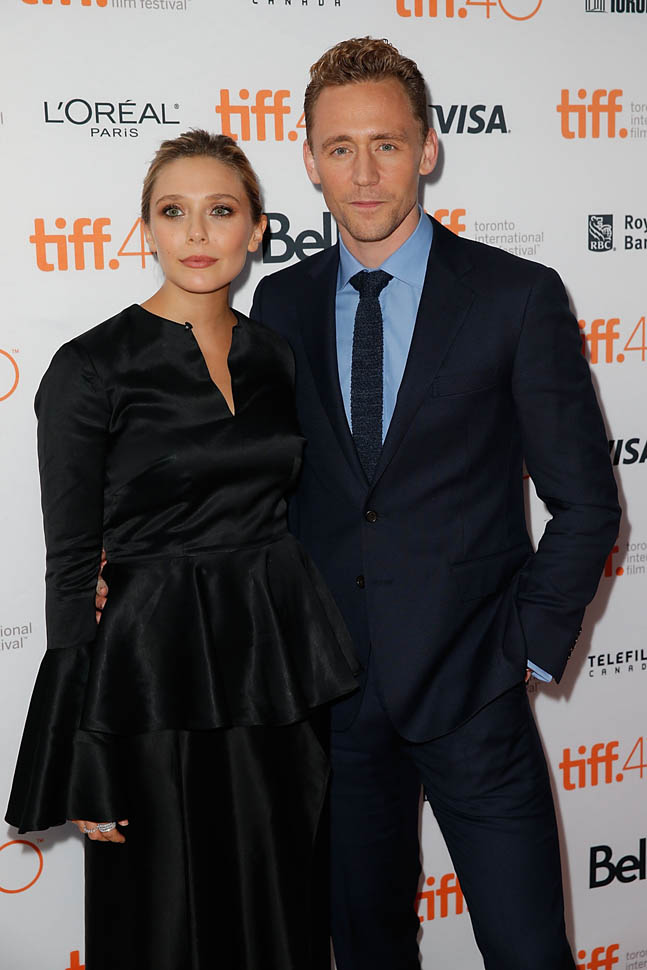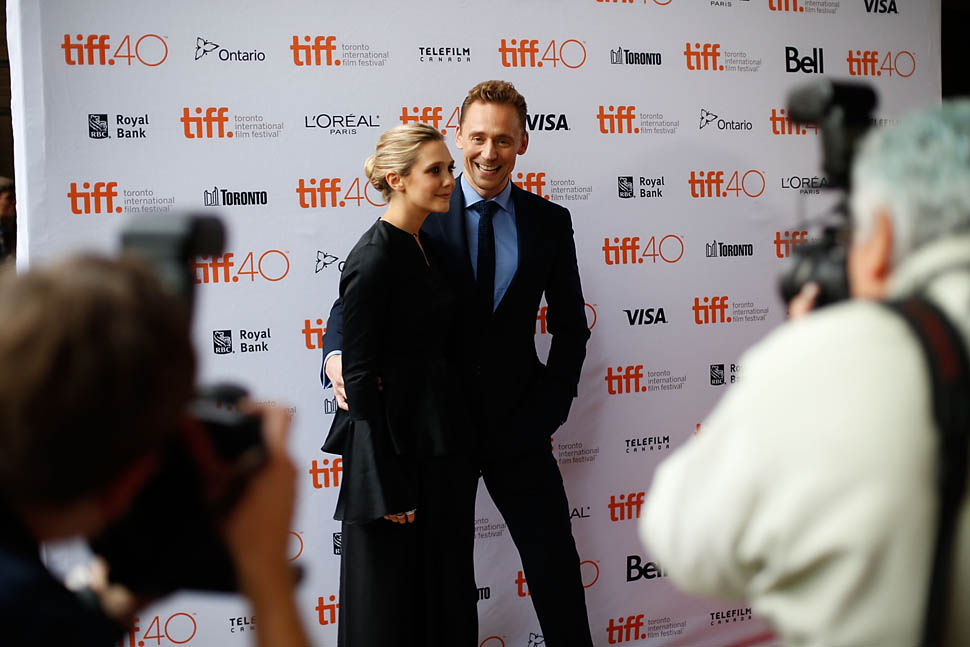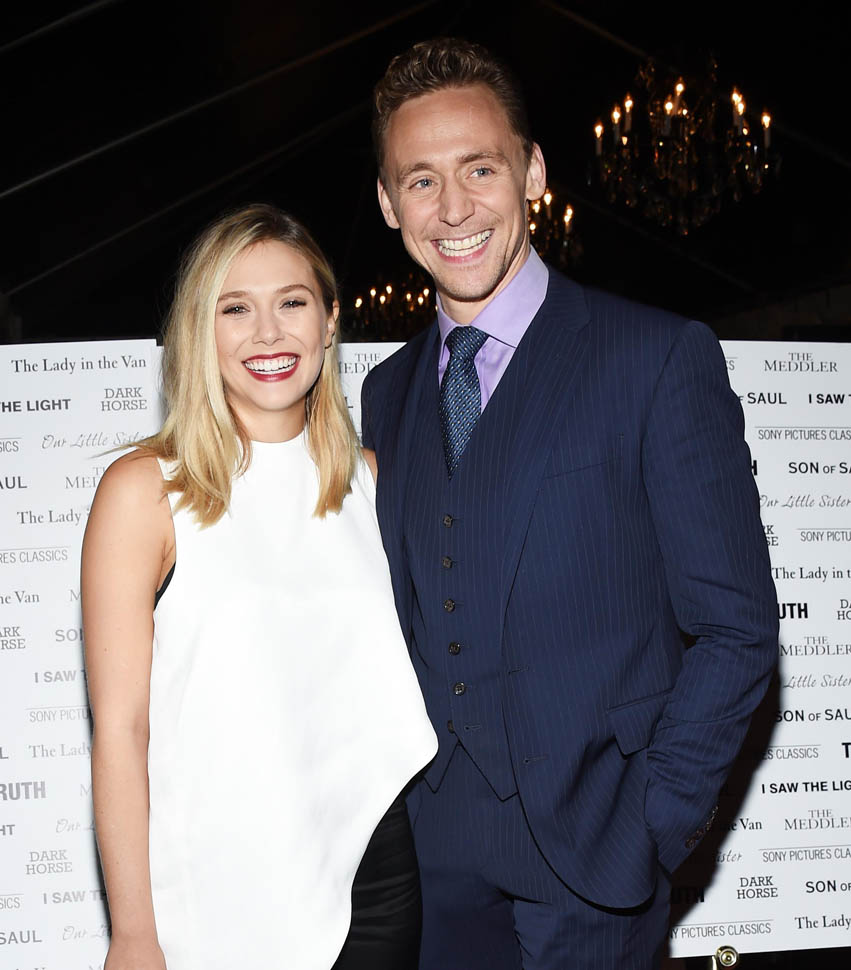TIFF Review: I Saw The Light


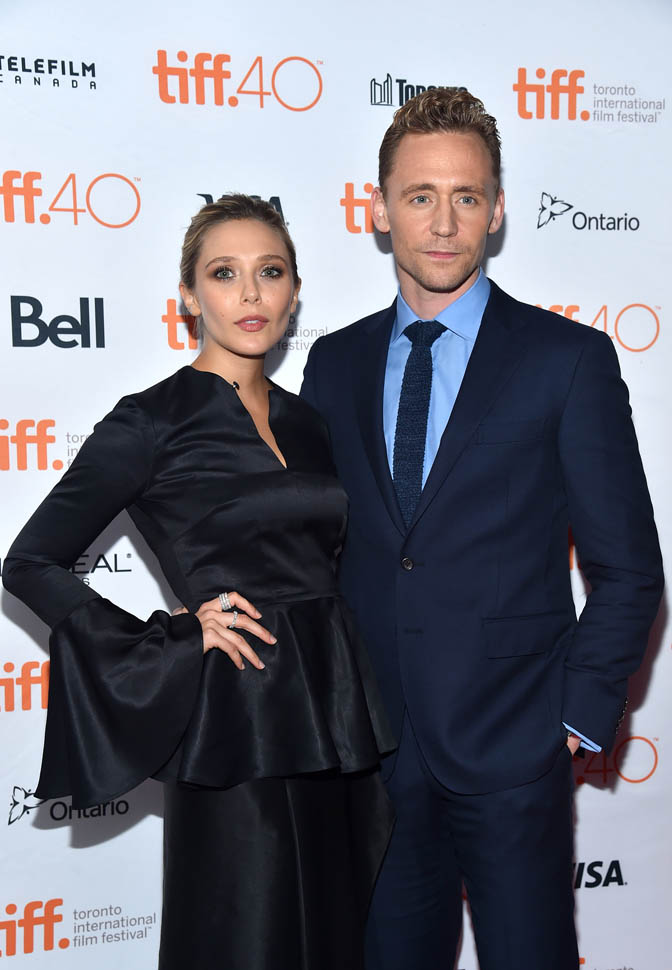
I had high hopes for the Hank Williams biopic, I Saw the Light, because Hank Williams’s life is inherently cinematic—gifted musician with a meteoric rise, tragic death, and a drama-ridden life in between—and also because Tom Hiddleston plays Williams. Hiddleston is a brilliant mimic and a good actor, a combination that makes him ideal for casting in biopics. My hopes started to wane Friday night, when the first screening at TIFF resulted in less than positive reviews. My hopes died completely on Saturday when Lainey and I looked at each other about ten minutes into the press screening for the film and mouthed, “The dialogue!” By the time Light was over, I just wanted to pretend like the whole thing never happened and get a do-over.
Light opens the story with the 1944 marriage of Hank Williams (Hiddleston) and Audrey Sheppard (Elizabeth Olsen), then covers the next eight years until Hank’s death in 1952 at age twenty-nine. There are a lot of problems in Light, so many problems, but one of the biggest is the portrayal of the relationship between Hank and Audrey. Hiddleston and Olsen have great chemistry, but Audrey is reduced to a shrew, with the movie glossing over or omitting completely her contributions to Hank’s career. Yeah, she was a terrible singer, and sure, her dashed superstar dreams probably did make her bitter, but she also managed Hank and quite well. The movie does not make this clear, though, instead choosing to show her engaged in a petty power struggle with Hank’s mother, and playing off her professional role in his life as a “nuisance” who just made a bunch of phone calls.
Honestly, Light doesn’t make anything clear. If you’re not already familiar with Hank’s music and life story, I doubt you’ll be able to make heads or tails out of half the movie. There is simply no context for anything. Audrey had substance abuse problems of her own, but except for one off-hand line from Hank, there is no sense of this in their relationship. They were the original Kurt & Courtney, but you won’t get that from Light at all. You also won’t understand what was so special about Hank as a musician. He had no formal training and couldn’t read or write music, yet he created some of the most indelible songs of the twentieth century. And though his singing sounds like the epitome of country music to us today, in the 1940s he sounded completely different from everyone else, often singing off-meter and behind melody, which paved the way for other “non-traditional” singers like Johnny Cash. But there’s no sense in the movie of the disruption he caused in American music when he arrived on the scene.
Other problems include the dialogue, which ranges from stilted to corny as hell, and the sheer number of scenes that don’t make sense for lack of context. The editing is rough, though it felt to me like editor Alan Heim was trying to salvage something from an even rougher, messier version of the movie. Scene transitions can be brutal, but it feels like Heim attempted to find a story in editing but couldn’t manage to save Light the way Richard Chew and Paul Hirsch rescued Star Wars from George Lucas’s famously terrible first cut.
Tom Hiddleston’s performance is the bright spot, though there are scenes where you can feel him acting really hard. (I wonder if he realized halfway through production the movie was a mess so he doubled-down to try and save it.) Elizabeth Olsen is good but miscast—she never for one second comes across as anything less than a movie star—and she actually sings pretty well, too, so it’s confusing when everyone talks about how terrible Audrey is. Hiddleston’s singing, meanwhile, is really good. It’s not a spot-on impersonation of Hank, but it’s good enough to pass, and I want his melancholy rendition of “Your Cheatin’ Heart” on my iPod like now.
I Saw the Light is not good, and I don’t recommend it, but it doesn’t inspire rage the way Our Brand is Crisis does—that movie is pure, uncut cynical garbage. Light is miscalculated and misdirected, but at least it’s sincere. If anything it’s too sincere, and Abraham a little too enamored of his subject, a legendary womanizer with equally legendary substance abuse problems. This portrait of Hank Williams is maybe a little too loving, and I say that as a Hank Williams fan. Hiddleston is at his best when playing Hank’s darker impulses—the best scene in the movie is a combative interview between Hank and a Manhattan journalist. It’s called I Saw the Light, but it could have used more dark.

